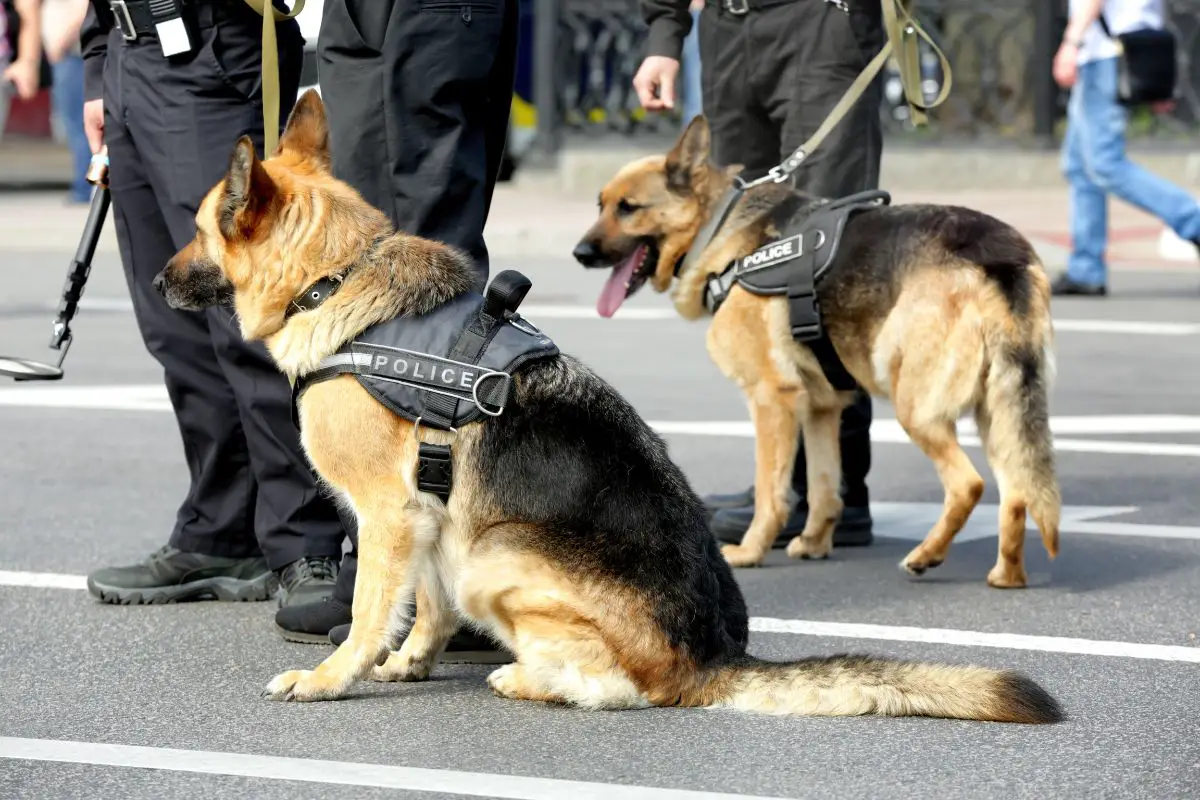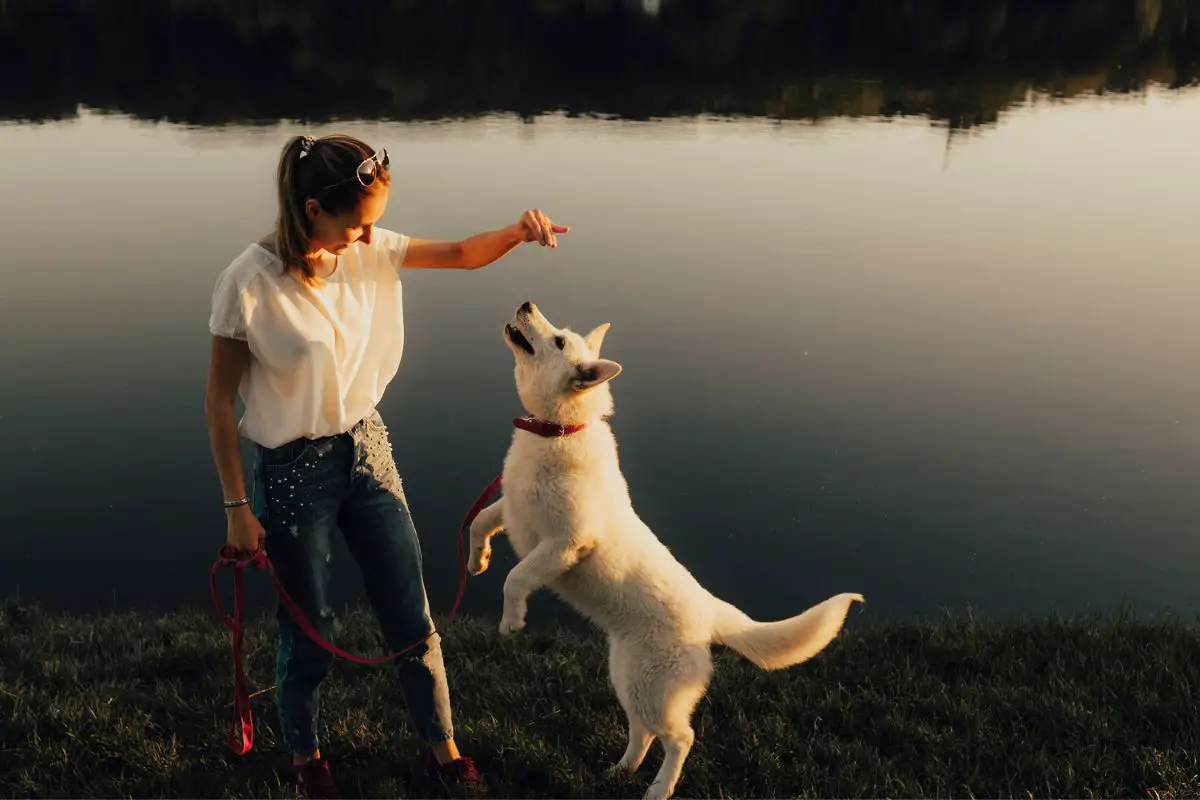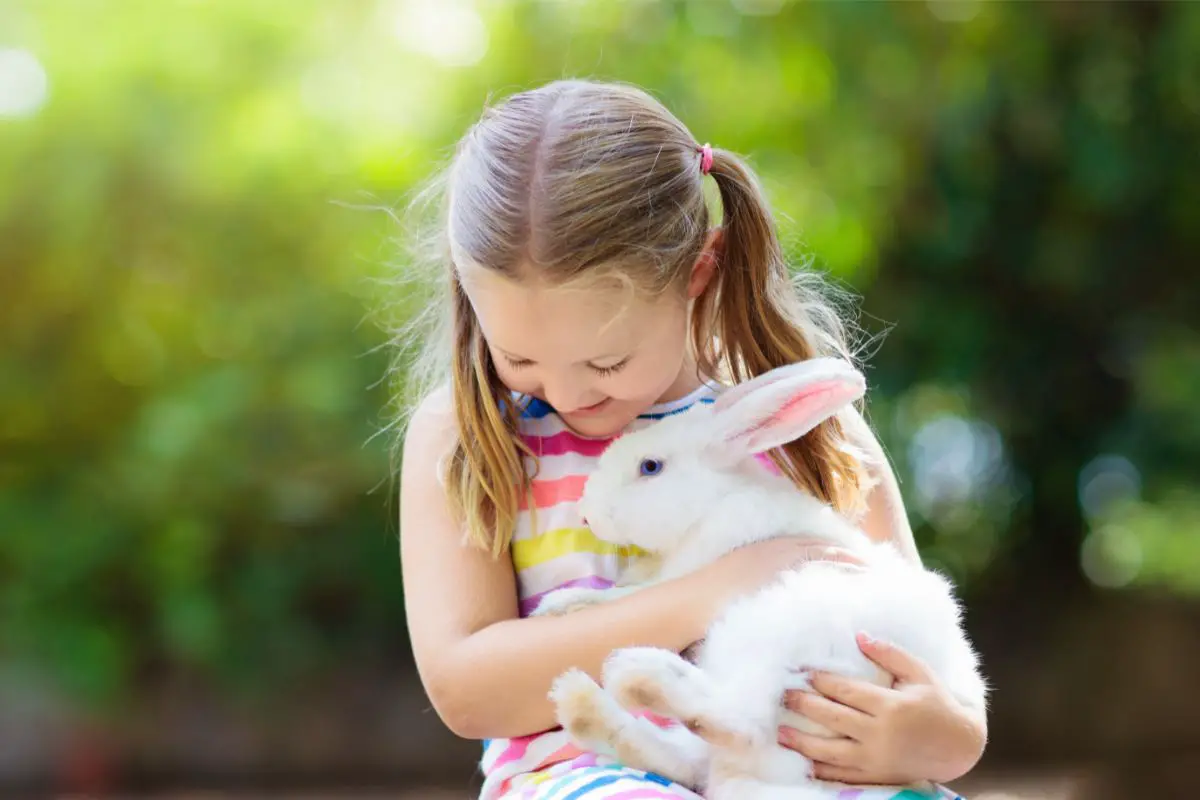Dogs are an incredible addition to any child’s life. The connection between a child and a dog is one that will teach them important life lessons, and offer them comfort for years and years.
This is especially true for children with autism. Some studies have shown that autistic children form lasting and deep bonds with their dogs.
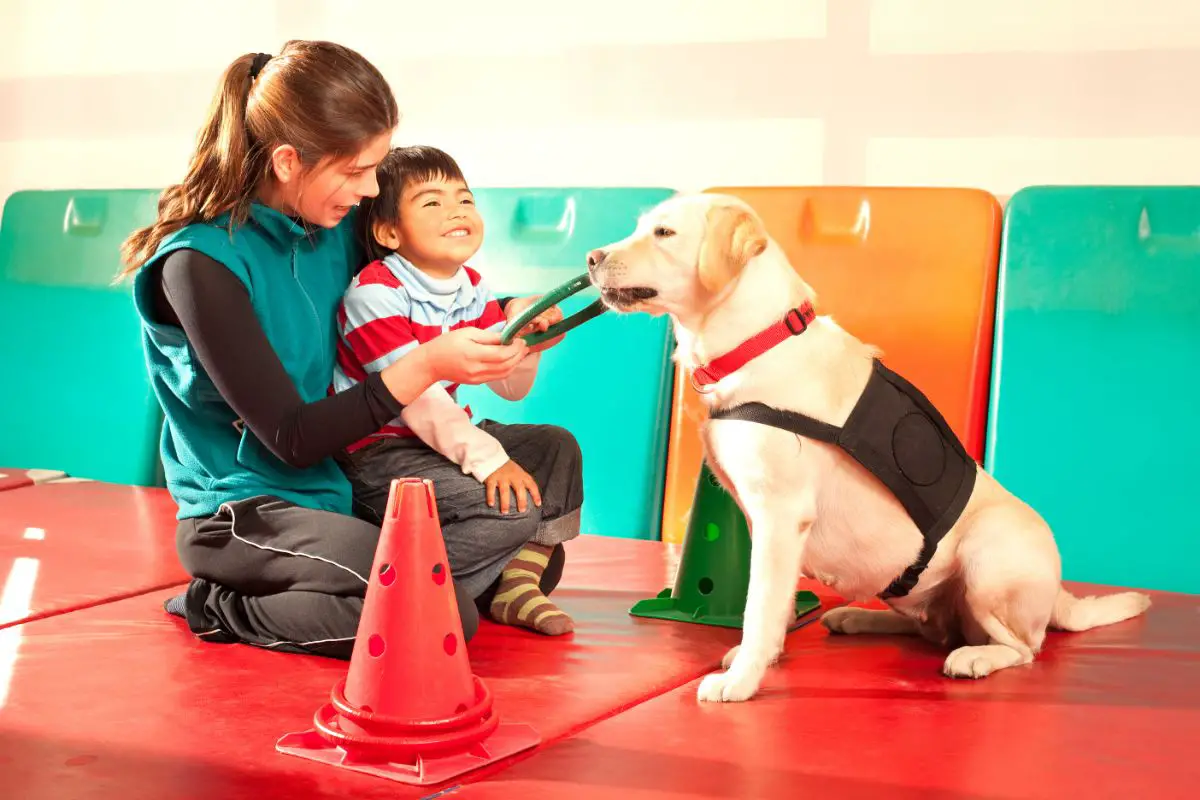
So let’s say you have a child with autism and you’re considering bringing a new dog into your home. You might find yourself wondering whether or not there are some breeds that are better than others.
Are there dogs that are especially good at helping children with autism? What about dogs to stay away from – can you buy the wrong dog?
If you find yourself asking these questions, you’ve come to the right place.
In this article, we’re going to be taking you through some of the best dog breeds that will support and easily connect with your autistic child.
We’ve ensured to give you a short breakdown of each breed so that you can find one that best suits your child and your family.
Samoyed
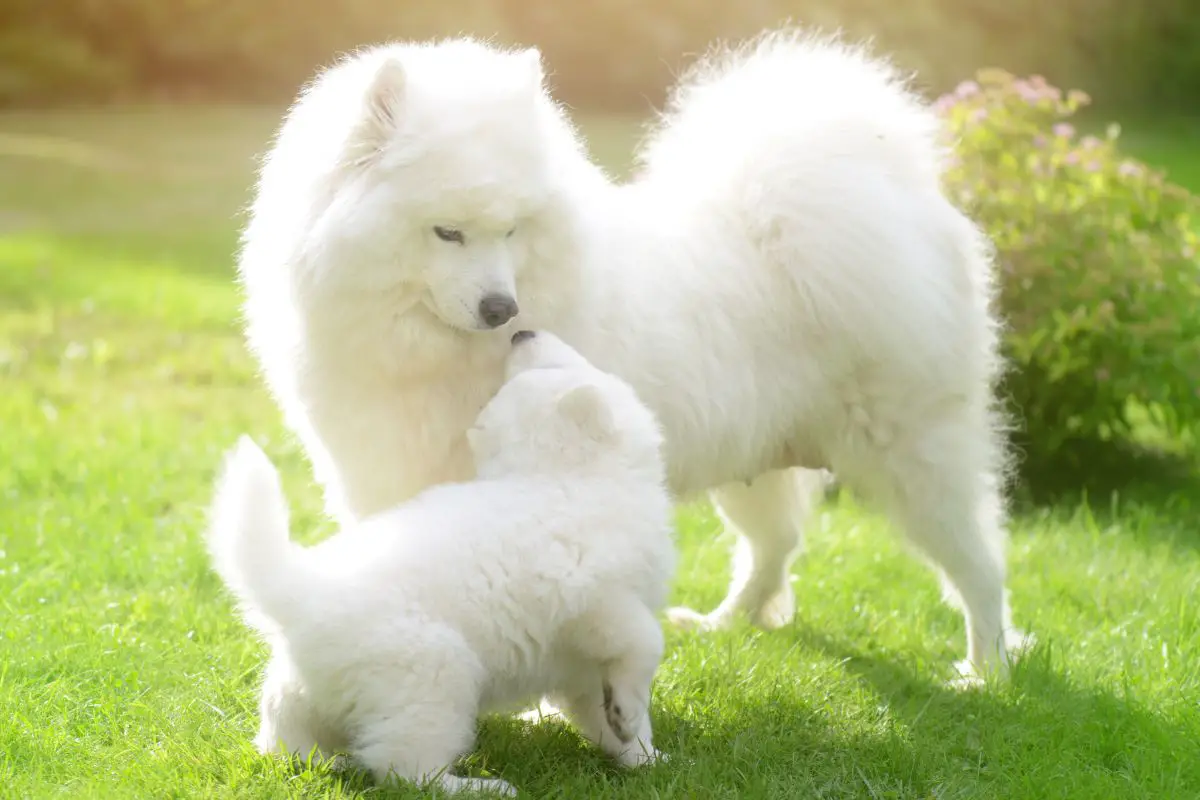
Samoyeds were named after a nomadic tribe called the ‘Samoyede Peeople’ who came from northern Russia and Siberia.
This breed has a rich history of reindeer herding, sled pulling, and warming families through long winter nights.
Because of this, Samoyeds have a sweet and obedient nature that makes them a perfect companion for someone with autism.
They’re very fun dogs, who although need a lot of attention, form close bonds with their owners and are ver
There are two things that make a Samoyed difficult for a potential owner.
Firstly, they have thick coats adapted to cold weather – so if you live somewhere very hot they will overheat often and you’ll have to make sure they stay cool.
Secondly, Samoyeds are quite vocal dogs, which can be difficult to manage, especially when it comes to a person or child in your family with autism.
Labrador
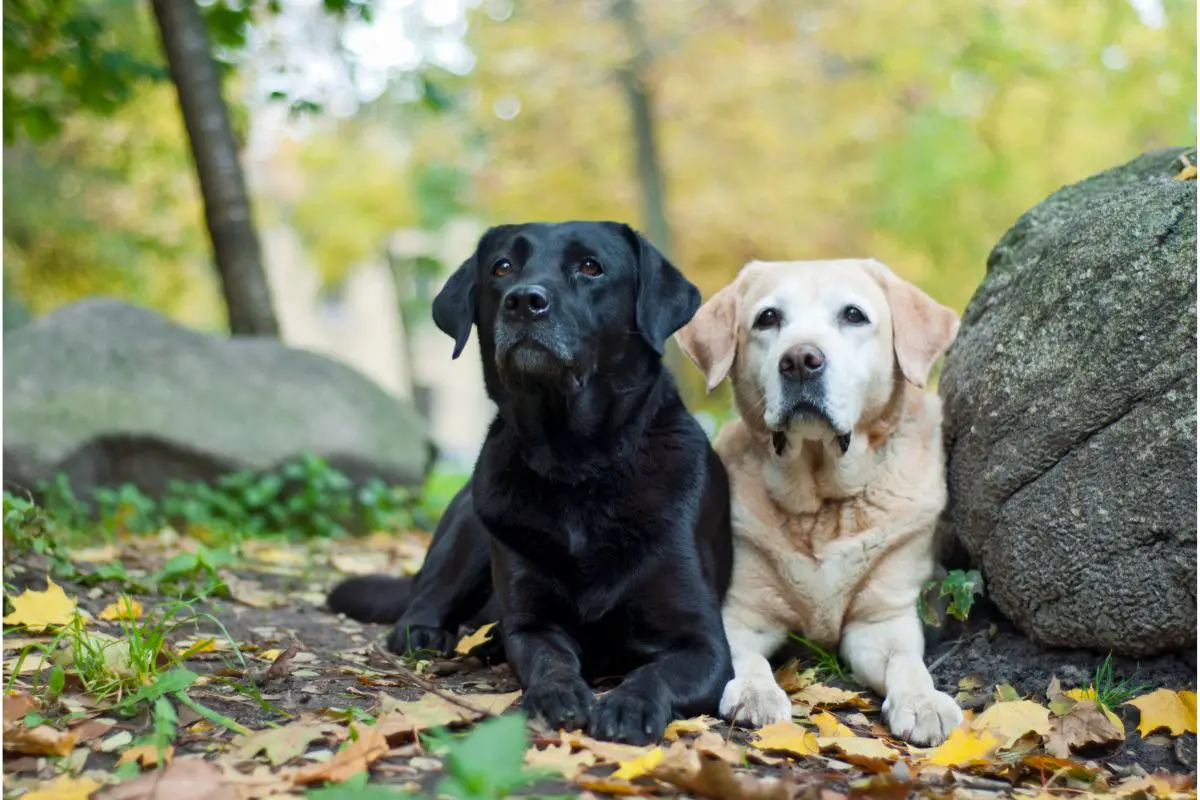
Labradors are widely known as some of the most loving and easy to train medium-sized dogs. Providing they’re trained right they are sure to be very loving, gentle, and dedicated to their owners.
Depending on the type of lab you get (working or show), you’re going to find a difference in energy levels, and generally, we’d suggest going for a show breed if possible.
However, if you’re looking for a breed that will give you and your family a lot of exercises, then a labrador is going to be a good fit for you.
They are a great middle-ground between a comfort dog and something to keep you active. Just know that because of their size and working history, they do require quite a lot of attention and walks!
Labradoodle
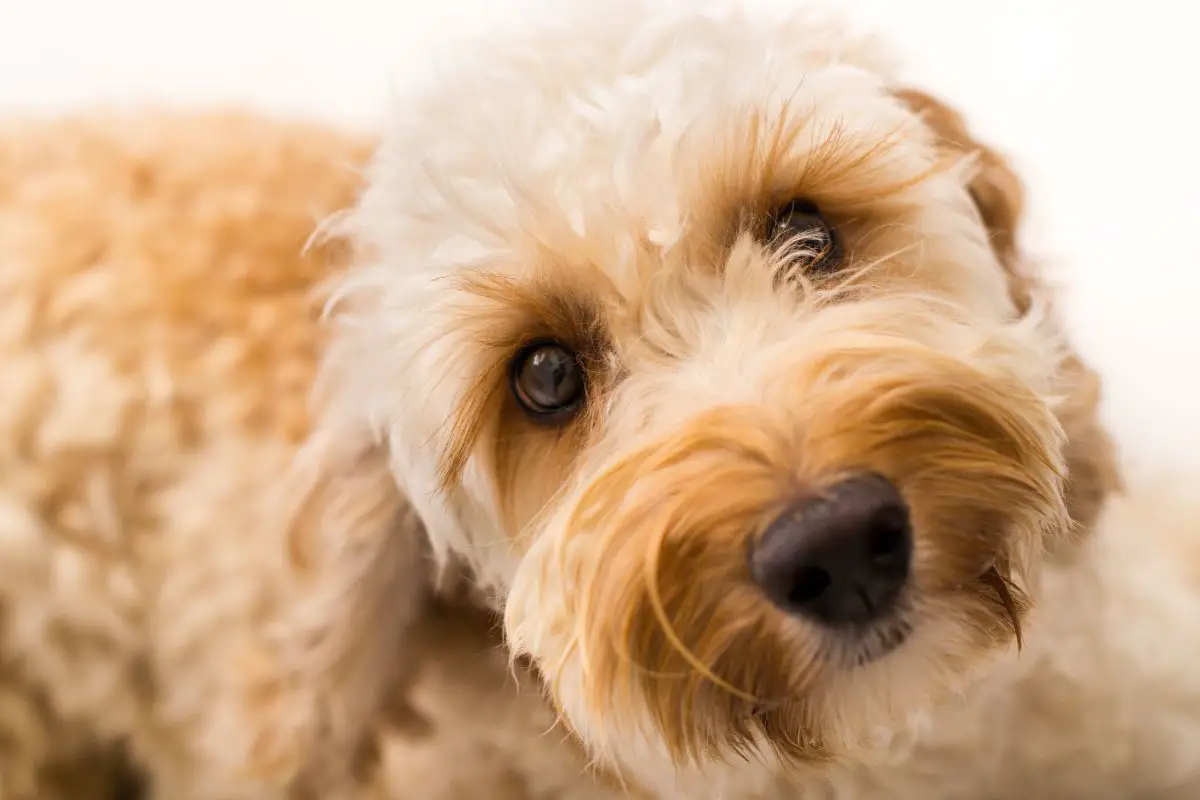
A Labradoodle is a cross between a Poodle and a Labrador and is a great companion for an autistic child.
Labradoodles are widely known as one of the most popular hypoallergenic dogs because they don’t shed much hair or dander.
This makes them perfect for families who suffer from pet allergies. Labradoodles are intelligent, loving, loyal, and fairly easy to train.
Whilst they’re fairly easy dogs to manage and train, you should be aware that Labradoodles suffer from some of the common problems of poodles and labradors.
This can include ear and eye infections, food allergies, and joint problems.
Collies
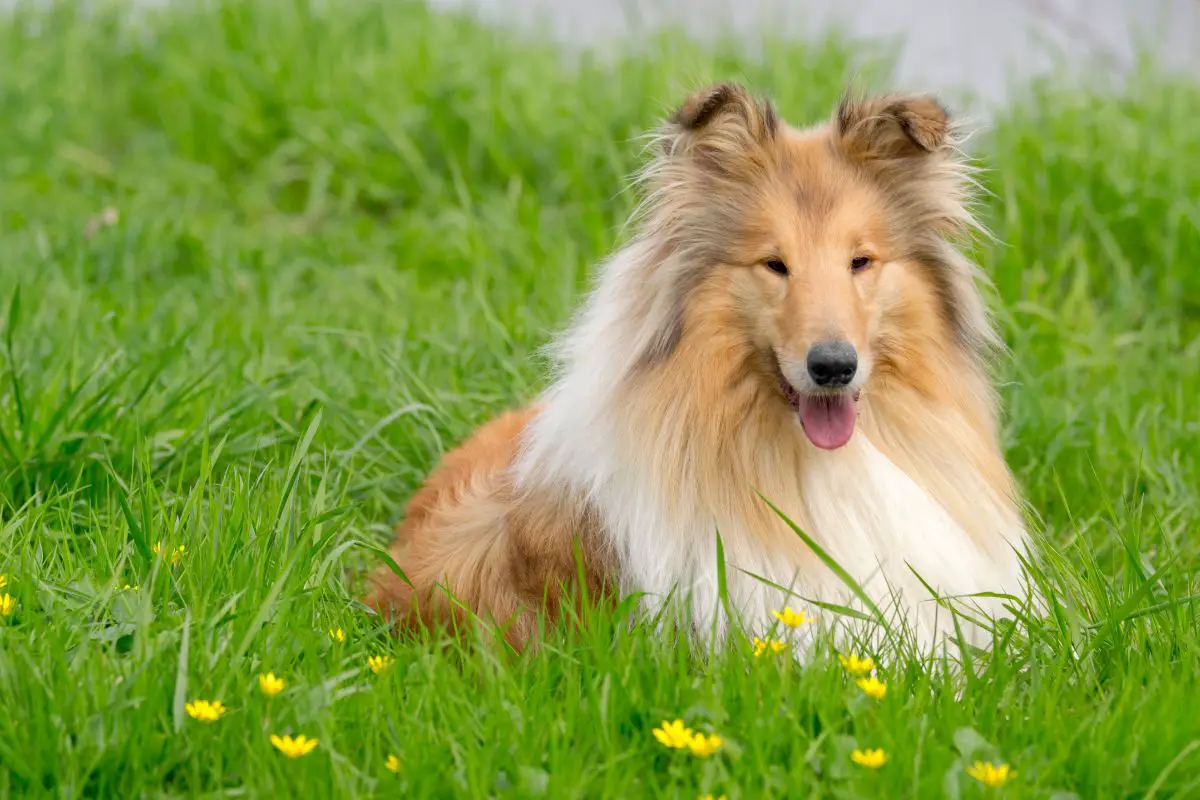
Collies are extremely hyperactive dogs that are very obedient and love to please their owners. Despite their excess of energy, they are very loving and kind and a perfect choice to train as a therapy or support dog.
Another thing to notice is that collies, unlike some other breeds, have a knack for being sensitive to human emotions, meaning that they often form close bonds with their owners.
The main difficulties you might find with a collie come from their excess of hair shedding, as well as their somewhat overbearing nature.
This is a dog you should get only if you can give it the regular care, exercise, and attention that it needs.
Because of their working temperament – often being a favorite for a sheepdog – you’re going to need to make sure your collie has outlets for its energy.
Beagles

We wanted to end our list with a smaller-sized dog that may or may not be a positive, depending on your family. Beagles are very friendly, loyal, and trusting.
Beagles were originally used in a working setting as small hunting dogs, so providing they’re properly trained they can be very quick and obedient.
That said, a beagle that hasn’t been trained properly can be problematic, and they can be stubborn and make their own decisions if you don’t set proper rules and boundaries.
We would recommend a beagle for a family that is able to spend the proper amount of care and attention in their training.
What Makes A Dog Good For Autism?
The main thing that makes a dog good for autism is picking a breed that will properly support your child. Breeds that form quick, close connections, and those that are naturally docile and kind are going to be your best bets.
The main goal of a therapy or support dog is to provide a constant, reliable companion that can help your child behave positively, reduce anxiety and give them comfort when they need it.
With the proper training, any dog can be suitable for this, it’s just that some breeds are much more difficult to train.
A child with autism might not be able to follow training rules in the same way other children will, so it’s important to find a dog that offers them comfort instead of stress.
If your autistic child struggles with sensory issues such as noise sensitivity, it’s best to pick a dog that is not very vocal, as this could cause them excessive stress.
Final Thoughts
Choosing a dog to bring into your family is a difficult decision to make, and it’s worth spending a lot of time trying to work out what is best for you, your child, and your entire household.
We hope that this guide has given you some ideas as to what the best breeds for autism are, and that you now feel a lot more confident about the whole ordeal.
Always research a breed thoroughly before committing to a new best friend!
- Are Antlers Safe For Dogs? - January 14, 2024
- Can Dogs Eat Honey Nut Cheerios? - December 23, 2023
- Natural Deworming Remedies for Your Dog - December 18, 2023


